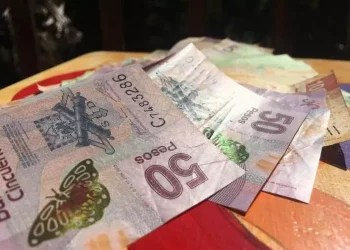It is also called the object of foreign exchange control.
Specifically, it is divided into two objects: people and objects. In addition, the appellation of individuals in law.
In some countries, it refers to an organization established according to law and able to exercise rights and assume obligations in its own name.
1. Human beings are divided into natural persons and legal persons.
In the foreign exchange control of various countries, natural persons and legal persons are usually divided into residents and non-residents according to different regions of residence.
The foreign exchange balance of residents is usually strictly regulated because it involves the balance of payments of the host country, while the control is more extensive for non-residents.
2. In terms of objects, it is mainly about foreign exchange.
All foreign currencies, securities and other instruments of payment listed above, as well as gold, silver and their manufactured goods, are subject to control.
3. Region-oriented exchange controls imposed by a country without a clear regional scope would be ineffective or ineffective.



























